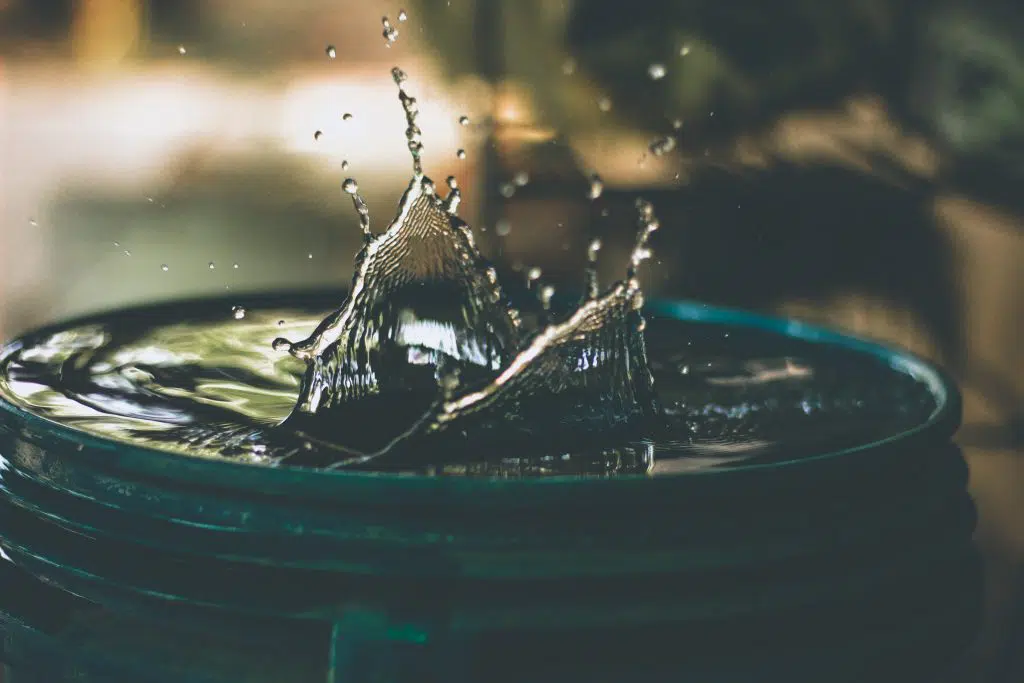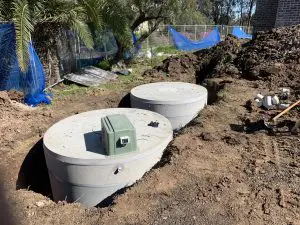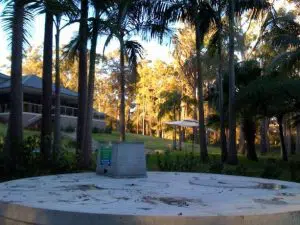When it comes to managing a home, few things are more crucial yet easily overlooked than your Advanced Wastewater Treatment System (AWTS). While these systems are designed to be robust and efficient, neglecting regular maintenance can lead to significant financial repercussions. This blog explores why keeping your AWTS in top condition is not just about avoiding inconvenient breakdowns, but also about safeguarding your wallet from unforeseen expenses.
Understanding AWTS and Their Importance
An AWTS is an advanced system designed to treat wastewater more effectively than traditional septic systems. It processes wastewater through various stages, often including biological treatment, filtration, and disinfection. This makes AWTS systems especially beneficial for properties that are not connected to municipal sewer lines, providing cleaner and more efficient wastewater management.
However, despite their advanced design, AWTS systems are not maintenance-free. Regular care is essential to ensure they operate efficiently and to prevent costly issues down the line.

The Financial Consequences of Neglect
Ignoring regular maintenance for your AWTS can lead to several costly issues. Here’s a look at some potential financial consequences:
Expensive Repairs
One of the most immediate costs of neglecting your AWTS is the potential for expensive repairs. For example, a neglected AWTS might develop clogs or malfunctions in its aeration system. These issues, if left unchecked, can lead to system failures that require extensive repairs. A case in point is the Anderson family in Montana, who faced a $6,000 repair bill after their AWTS failed due to a lack of routine maintenance. Regular checks could have caught the issue early, avoiding such a hefty expense.
Reduced System Lifespan
Regular maintenance not only prevents immediate issues but also extends the overall lifespan of your AWTS. A well-maintained system can last up to 20 years or more, whereas one that is neglected might fail within a decade.
Dr. Emily Carter, a consultant specializing in wastewater systems, notes, “An AWTS system that is not maintained properly can experience accelerated wear and tear. This reduces its operational life and can lead to premature replacement, which is far more expensive than regular upkeep.”
Consider the example of the Garcia family in Texas. Their AWTS, which they had neglected for several years, required replacement after just 12 years of operation. A replacement system cost them over $15,000. Regular maintenance, including periodic inspections and servicing, could have extended the life of their system significantly, saving them a considerable amount.
Increased Operating Costs
Neglecting maintenance can lead to inefficiencies in how your AWTS operates. For instance, clogged filters or malfunctioning components can cause the system to work harder to treat wastewater, resulting in higher energy consumption and increased utility bills.
In an interview with Sarah Johnson, an energy efficiency consultant, she stated, “A system that is not running efficiently will consume more energy, driving up your utility costs. Regular maintenance ensures that your AWTS operates at peak efficiency, which helps keep energy costs in check.”
Potential Environmental Fines
Failing to maintain your AWTS can also lead to environmental issues, such as untreated wastewater leaking into the surrounding environment. This not only poses a risk to local ecosystems but can also result in fines or penalties from environmental regulatory agencies.
According to environmental compliance officer, Mark Davis, “Improperly maintained AWTS systems can lead to violations of environmental regulations. This can result in hefty fines, cleanup costs, and damage to your property’s reputation.”
For instance, the Johnsons in Oregon faced a $10,000 fine after their AWTS malfunctioned and caused contamination of a nearby stream. Regular maintenance and inspections could have prevented the malfunction and the resulting environmental impact.
How Regular Maintenance Saves You Money
Regular maintenance is an investment in the longevity and efficiency of your AWTS. Here’s how it can save you money in the long run:
Early Detection of Issues: Routine inspections allow for the early detection of minor problems that can be fixed before they escalate into major repairs.
Efficient Operation: Regular servicing ensures that your system operates efficiently, reducing energy consumption and lowering utility bills.
Extended System Lifespan: Proper care can extend the life of your AWTS, delaying the need for a costly replacement.
Avoidance of Fines: Keeping your system in good condition helps ensure compliance with environmental regulations, avoiding potential fines.
Neglecting your AWTS can lead to significant financial consequences, from expensive repairs to increased operating costs and potential environmental fines. Investing in regular maintenance is crucial for avoiding these hidden costs and ensuring the long-term efficiency and longevity of your system.
At Ecoseptic, we understand the importance of regular maintenance and offer comprehensive services to keep your AWTS in optimal condition. Our team of experts can help you avoid costly issues and extend the life of your system. Contact us today to schedule your maintenance check and ensure that your AWTS remains in top shape.
Don’t wait until it’s too late—take proactive steps to protect your investment and save money in the long run. Reach out to Ecoseptic now and let us help you maintain a healthy, efficient wastewater treatment system!
By focusing on the hidden costs of neglect and the benefits of regular maintenance, this blog aims to highlight the financial advantages of proactive care for AWTS systems. If you have any specific details or additional information you’d like included, just let me know!
Related Posts
- Home Sewage Treatment Plants: What They Are And How Do They Work?
- How to conduct regular maintenance on your septic tank system
- Do Domestic Sewage Treatment Plants Smell?
- Below-Ground Septic Tanks: Sydney’s Septic Solutions
- Concrete septic tanks for new home owners
- How do I collect rainwater?
- Waste Not, Want Not: Transforming Septic Tank Sludge into Resources
- Why should effluents be treated before discharge?




